
Containers are unloaded at Qingdao Port in Shandong province in March. (Photo by Yu Fangping/For China Daily)
Key Party meeting maps direction, major tasks for development next year
Reviving the COVID-19-battered economy will be a key policy priority for China next year as the top leadership has sent a strong signal to push overall improvement of economic activity and substantially expand domestic demand, economists said on Thursday.
Top policymakers in Beijing have called for better coordination between pandemic containment and economic development while emphasizing the need to stabilize growth, employment and prices to boost the economy. They also pledged to comprehensively deepen reform and opening-up and to strongly spur market confidence.
They made the statement at a meeting of the Political Bureau of the Communist Party of China Central Committee, presided over by Xi Jinping, general secretary of the CPC Central Committee, on Tuesday.
The key Party meeting has mapped out the direction and major tasks for China's economic development next year and set the tone for the upcoming Central Economic Work Conference, which is scheduled to be held later this month to outline detailed policy goals for the Chinese economy in 2023.
Economists said that the message from the top leadership is significant in terms of anchoring market expectations and boosting overall consumer confidence, and it is reasonable for China to aim for a GDP growth rate of around 5 percent next year as intensified policy support and optimization of the COVID containment measures will help create an economic rebound.
"We can be more optimistic about China's economy in 2023 after the key Party meeting placed much attention and emphasis on optimizing policies, boosting growth and stimulating business vitality," said Xu Gao, chief economist at BOC International.
Wang Qing, chief macroeconomic analyst at Golden Credit Rating International, said that China's economy will stage a rebound as COVID-induced damage to economic activity will be gradually alleviated. He expects the government to aim for a GDP growth of around 5 percent next year and China's real growth rate for 2023 could exceed 5 percent.
More supportive policies including greater fiscal spending and monetary easing will likely be rolled out next year as Chinese policymakers are determined to bring the growth rate back to a reasonable range and effectively drive up investment and consumption, economists said.
This is reflected in the top leadership's statement at Tuesday's meeting that proactive fiscal policy measures need to be reinforced to improve efficiency, and prudent monetary policy measures need to be precise and forceful. The policymakers also said that efforts should be made to expand domestic demand by fully leveraging the "fundamental role of consumption" and "the key role of investment".
To achieve the goals, most economists expect that China may raise its fiscal budget deficit ratio to 3 percent or higher in 2023.
Lian Ping, chief economist at Zhixin Investment, said that China's economic recovery still faces acute challenges and uncertainties given lingering COVID-19 impacts. He said there is justification for China to push for more proactive fiscal policy given the country's reasonable debt level and overall leveraging ratio.
"China may need to raise the fiscal budget deficit to around 3.2 percent next year in order to intensify fiscal support and improve its effectiveness," Lian said.
Wen Bin, chief economist at China Minsheng Bank, said that China will likely roll out more accommodative monetary policy measures in 2023 and may further cut interest rates and banks' reserve requirement ratio at an appropriate time next year.
At Tuesday's meeting, the top leadership also vowed to advance high-quality opening-up and make greater efforts to attract and utilize foreign capital.
Gu Xueming, president of the Chinese Academy of International Trade and Economic Cooperation, said that given rising uncertainties in the global economic recovery, China's pledge to advance high-quality opening-up reflects its strategic determination, market potential and policy effectiveness, which play a significant role in boosting overall market confidence.









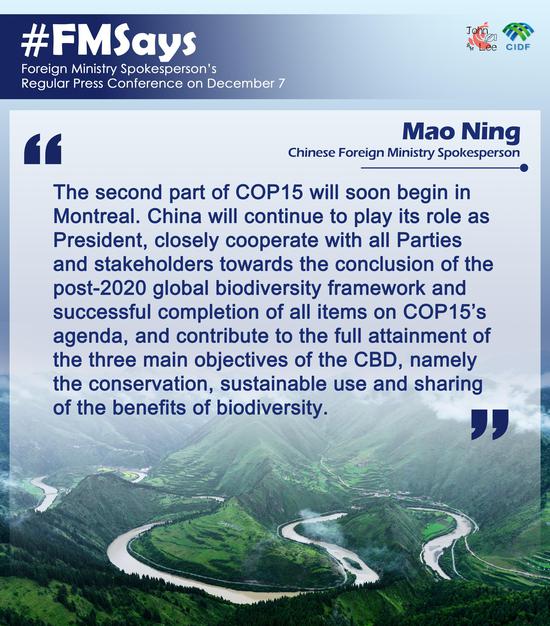



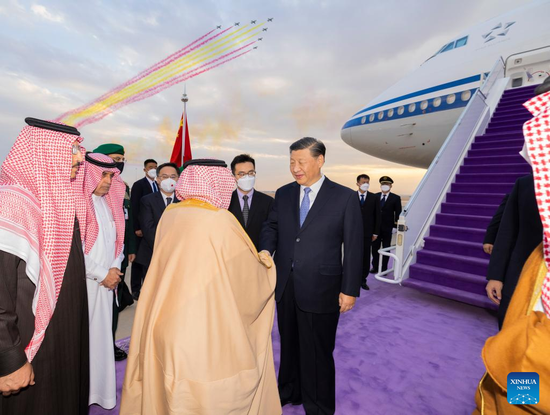




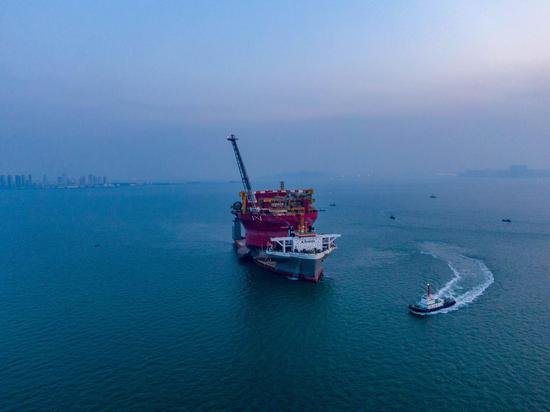
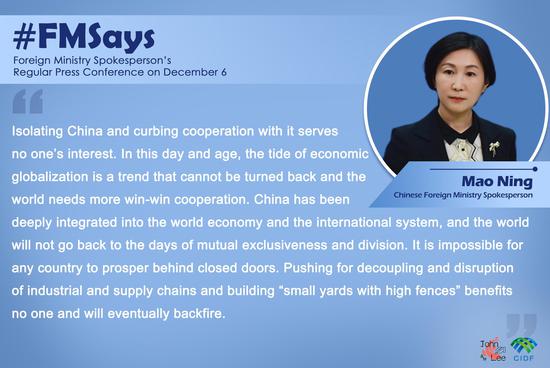

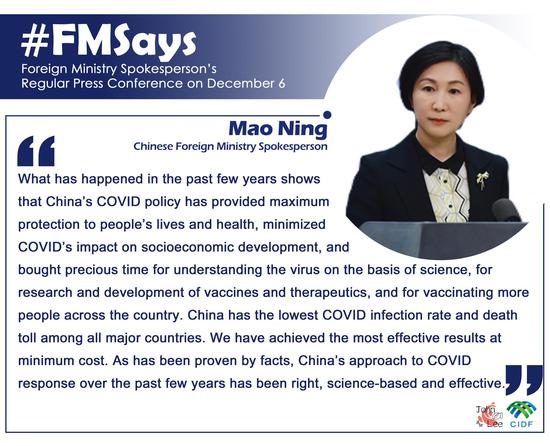
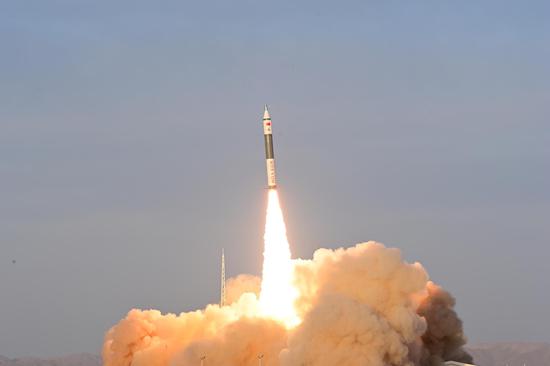
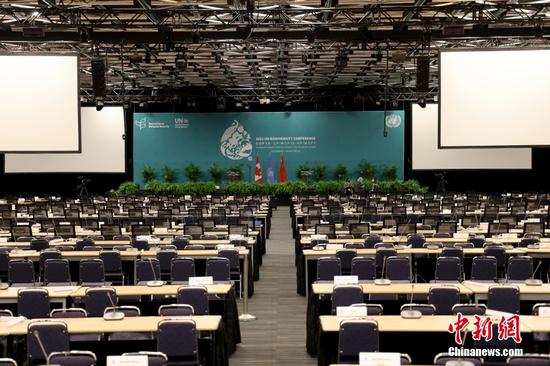





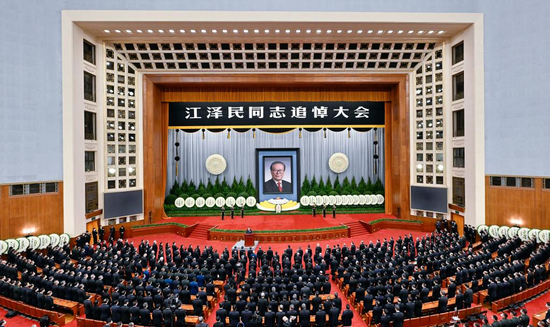
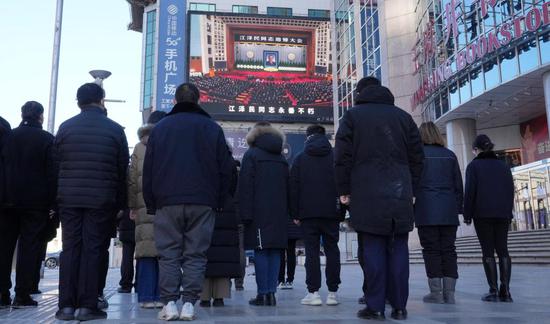
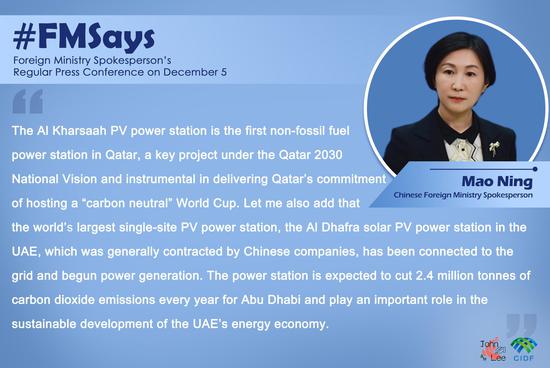
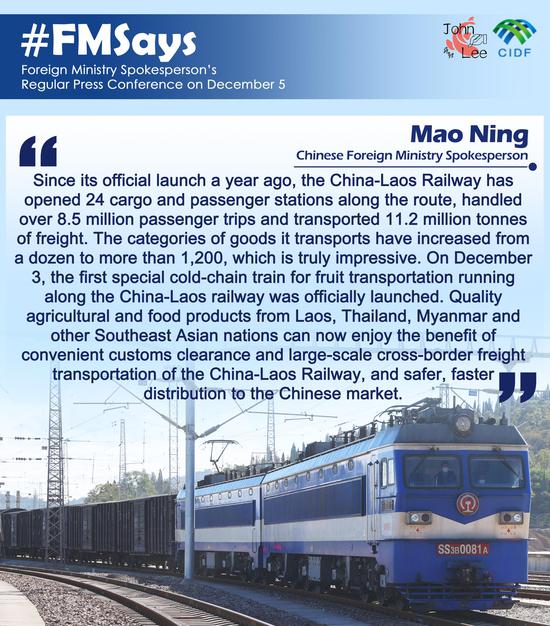
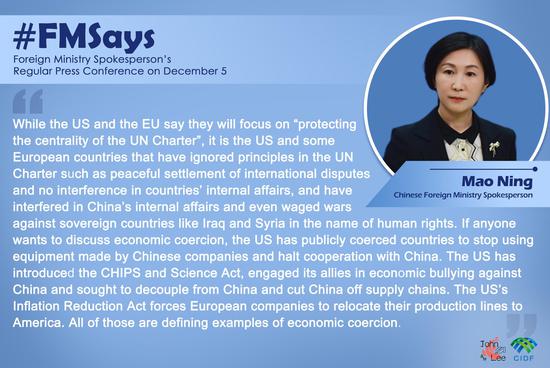
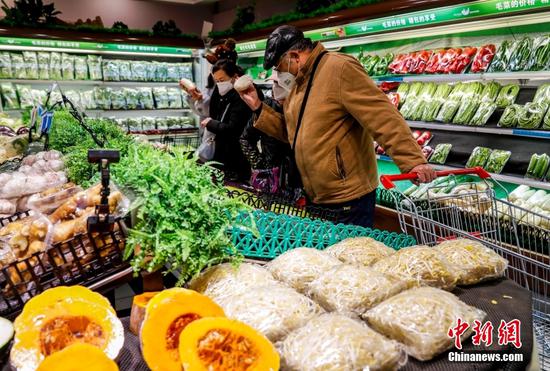







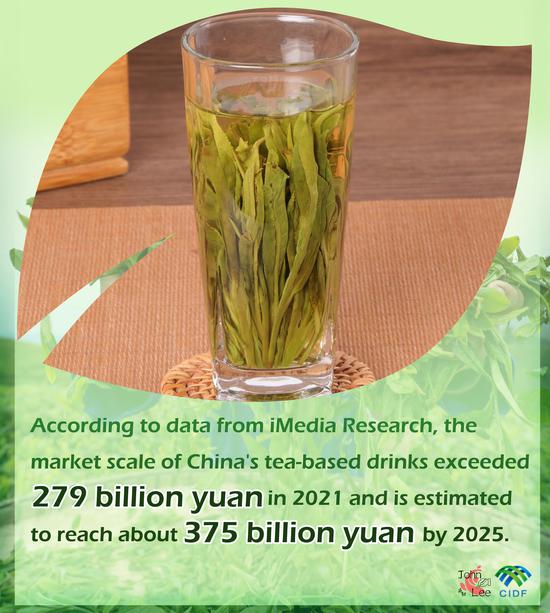
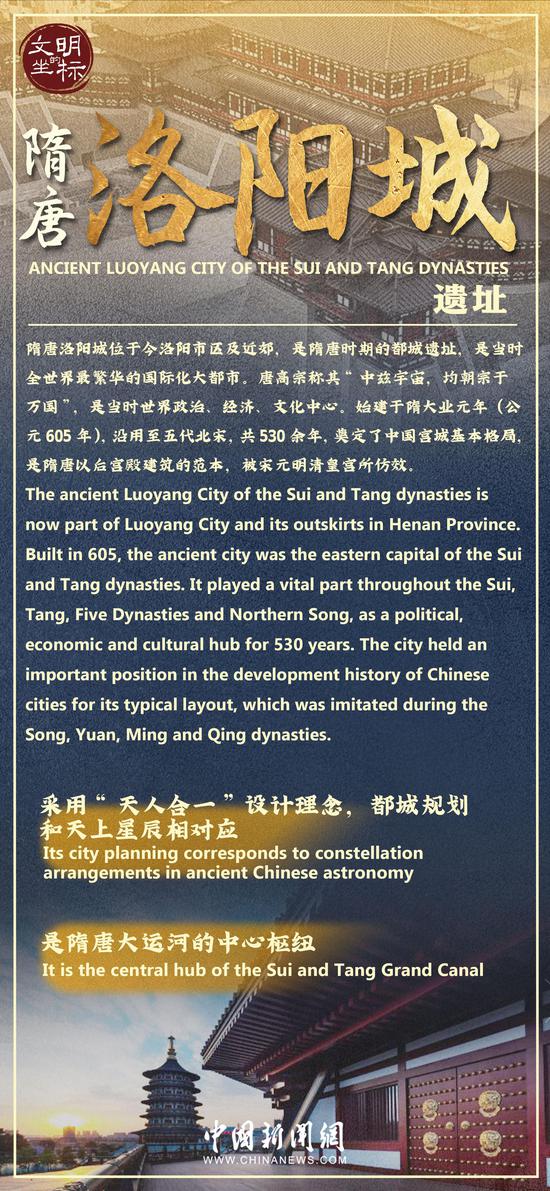
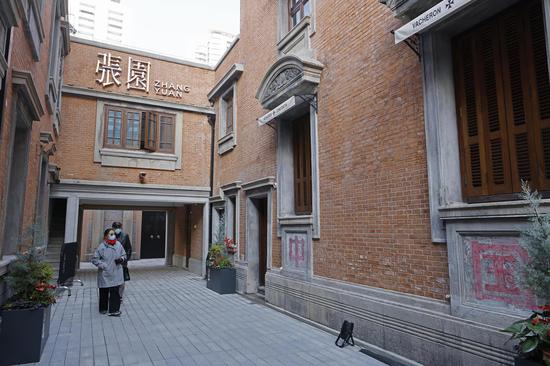





 京公网安备 11010202009201号
京公网安备 11010202009201号